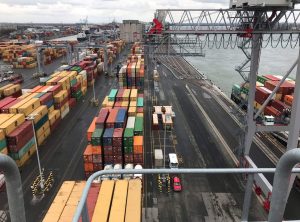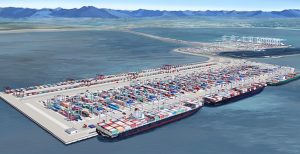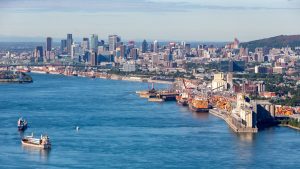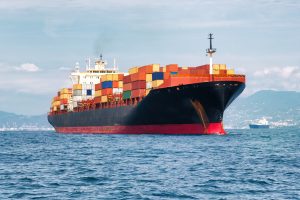The Chamber of Shipping in Vancouver has released a White Paper underlining the importance and challenges for Canada to join other nations in implementing the Maritime Single Window (MSW) mandate, which came into force globally on January 1st, 2024.
The MSW acknowledges the need for standardized reporting and data exchange and sets forth guidelines to facilitate efficient clearance of ships, cargo, and crew, promoting a more secure and responsive international maritime environment. A recent study by Kale highlights that paperless cross-border trade operations can possibly lower export border compliance time from 44% to 24% and export cost from 31% to 17%.
As a member state of the IMO, Canada is bound by the obligations outlined in the Facilitation of International Traffic Convention (FAL) of the International Maritime Organization, emphasizing the importance of adopting measures such as the Maritime Single Window to ensure compliance with these international standards.
“This transiton towards a more streamlined, efficient, and paperless system of vessel reporting and data exchange is not just a compliance measure but a significant leap towards enhancing the efficiency and competitiveness of Canadian maritime trade,” the White Paper states.
The transition to a singlepoint entry system, as exemplified in the European Union, Singapore, Australia, and other trade nations reflects a global movement towards optimizing marine operations.
However, the journey to realizing a fully functional MSW in Canada is not without challenges.
Interagency coordination, data standardization, legal and regulatory alignment, privacy and security considerations, and technological compatability are significant hurdles requiring collaborative planning and execution. The role of stakeholder engagement, capacity building, and training cannot be overstated in ensuring MSW’s smooth adoption.
Vessel arrival and clearance system in Vancouver
The White Paper outlines the process for reporting vessel arrivals in Vancouver – involving several crucial steps and timelines to ensure compliance with the Canadian regulations.
Vessel agents are typically required to submit various forms to different government agencies at least 96 hours before vessel’s ETA to Canadian waters, providing details about the vessel, crew, and cargo.
This includes information on cargo nature, stability, quantity, and value, as well as crew details such as names, positions, nationalities, and passport information.
(Photo: Chamber of Shipping’s representation of the reporting forms and intimations, at various timelines, required for a vessel to call at the Port of Vancouver.)








